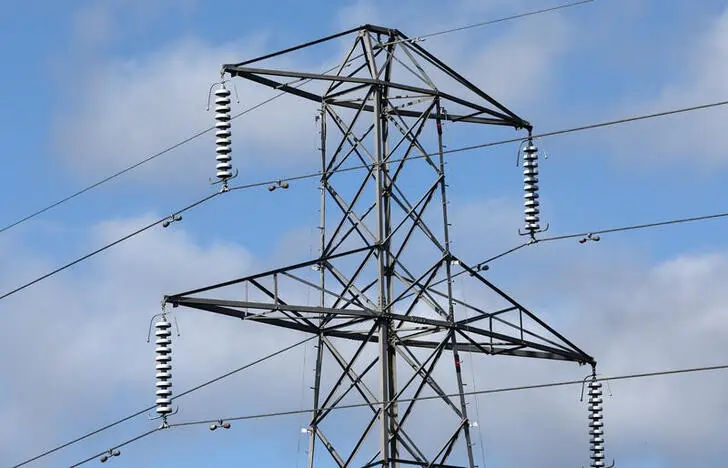
LONDON (Reuters) – The number of British households who failed to pay their energy bills last month was 39% higher than a year ago, figures from the Office for National Statistics showed on Thursday, showing ongoing economic strains despite a recent fall in inflation.
Failed direct debits – automated bill payments used by most British households – accounted for 1.17% of electricity and gas direct debits last month, up from 0.84% in December 2023.
Direct debit payments fail if there is insufficient money in a customer’s bank account, or if a customer cancels automated payments by their bank without informing the company.
For mortgage payments, the number of missed direct debits rose by 20% year-on-year to 0.46% of the total in December, while missed consumer loan direct debits was steady at 1.70%.
Both energy bills and mortgage payments have soared over the past two years, as European gas prices jumped following Russia’s invasion of Ukraine in February 2022, while a series of BoE interest rate increases took the Bank Rate to a 15-year high of 5.25% by August 2023.
Although wholesale energy prices have fallen in recent months, this has not yet fed through to regulated household energy tariffs and the government has scrapped most of the subsidies it gave last year to households for energy costs.
The average monthly energy bill paid by direct debit was 144.73 pounds ($184.36) in December 2023, down only slightly from 148.28 pounds in December 2022 and up sharply from 89.01 pounds a month in December 2020.
Typical monthly mortgage bills have risen to 129.44 pounds a month from 115.09 pounds in December 2022 and 98.48 pounds in December 2020.
The ONS figures are based on data provided by payment infrastructure companies Pay.UK and Vocalink.
($1 = 0.7851 pounds)
(Reporting by David Milliken; editing by William James)


